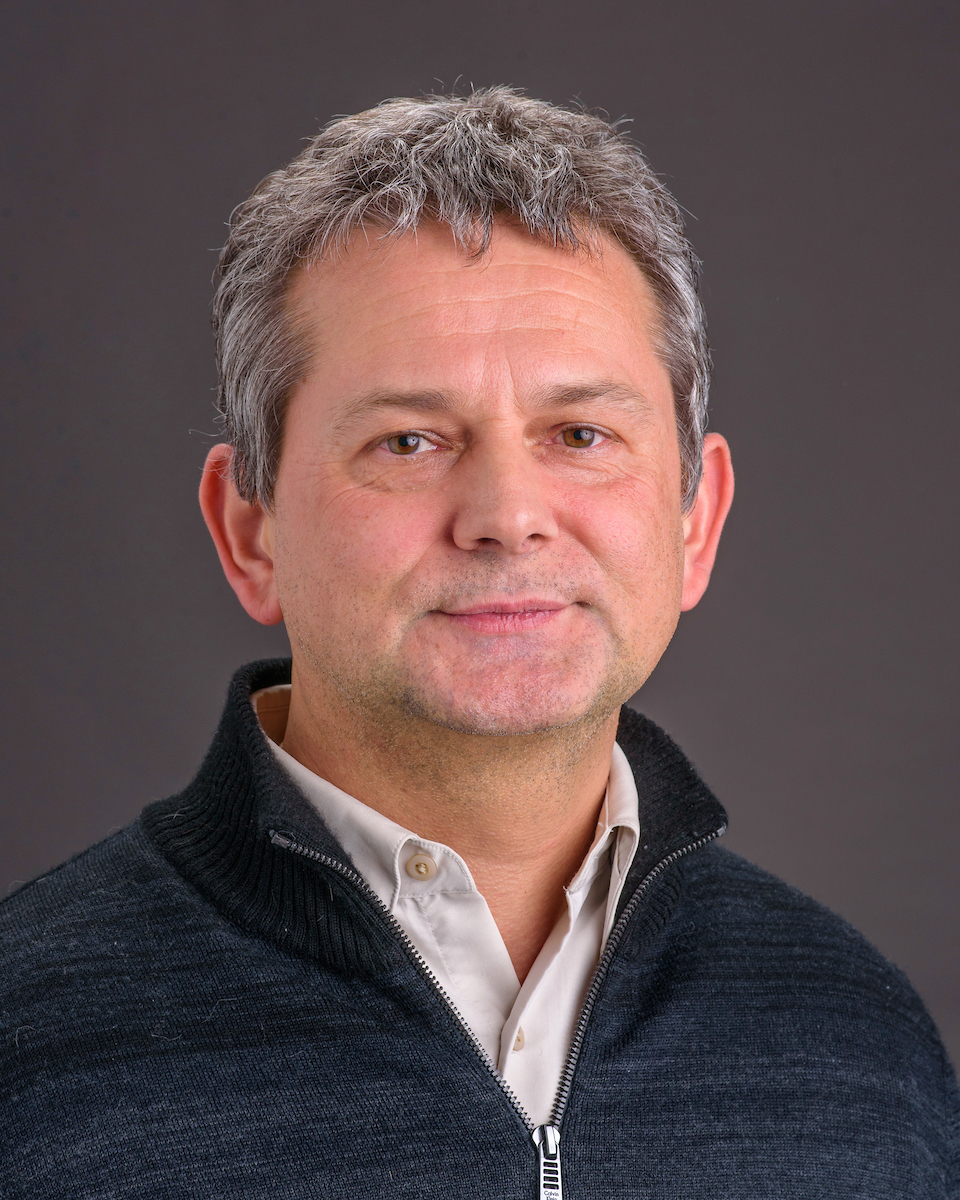Profile
The long-term goal of our research is to understand intrinsic and extrinsic cancer cell programs governing cancer progression and metastasis. This goal is a direct outcome of my research experience with caveolin-2 (Cav-2) protein. More specifically, Cav-2 expression has been shown to positively correlate with shorter survival in patients with different cancers including lung adenocarcinoma, suggesting that Cav-2 expressed in malignant cancer cells regulates intrinsic cancer cell programs. Conversely, our recently published data suggests that Cav-2 is involved in regulating extrinsic cancer cell programs, since genetic deletion of Cav-2 in the non-malignant cell types of the tumor microenvironment (TME) inhibits subcutaneous tumor growth and angiogenesis within the subcutaneous TME. However, the mechanisms via which loss of host-expressed Cav-2 inhibits tumor growth and possibly metastasis as well as broader impact and significance for human cancer treatment remain to be investigated. Moreover, the translational potential of targeting Cav-2 for cancer treatment will need to be evaluated. To address the above and other questions, we are currently using recently developed clinically relevant orthotopic models of lung, melanoma and breast cancer progression with identical mouse cancer cell lines initially implanted into Cav-2 knockout and wild type syngeneic, immunocompetent mice and evaluate tumor growth, metastasis, and activation state of various cell-type specific components of the innate and adoptive immune system in vivo. We are also interested in correlative clinical and translational aspects of our work, which will be examined in samples obtained from cancer patients with varying degrees of tumor progression and metastasis.
Academic Information
Office
One Hospital Drive
Columbia, MO 65212
United States
Research Interests
- Role of caveolin-2 in cell function
- Intrinsic cancer cell programs regulating lung cancer progression and metastasis
- Role of the tumor microenvironment in tumor angiogenesis, progression and metastasis
- Extrinsic cancer cell programs involved in tumor immune tolerance
- Cancer immunotherapy via breaking immune tolerance
Areas of Expertise
- Molecular Biology
- Cell Biology
- Biochemistry
- Cell Culture
- Laboratory Mouse
- Proteomics
- Fluorescent Microscopy
- Western Blotting
- Real time quantitative PCR
- Immunohistochemistry
- Cancer Research
- Tumor Angiogenesis
- Tumor Microenvironment
- Tumor Immunology and Immunotherapy
- Clinically Relevant Orthotopic Models of Cancer Progression and Metastasis
Education & Training
Fellowship
2001, Yale University (New Haven, CT)
1996, University of Minnesota (Minneapolis, MN)
Post-Graduate School
1989-1994, PhD, The institution of Pharmacology; 1984-1989, MSc in Biology (honors), The Jagiellonian University (Krakow, Poland)
Awards & Honors
- FY 2019 Lung Cancer Research Program Concept Award from the Department of Defense, 2020
- FY 2014 Lung Cancer Research Program Concept Award from the Department of Defense, 2015
- Scientist Development Grant from the American Heart Association, 2003
- Young Investigator travel award to attend the 4th Annual Symposium on AIDS, Drugs of Abuse and the Neuroimmune Axis, 1996
- The Award of the Prime Minister of Poland for the outstanding doctoral thesis, 1995


